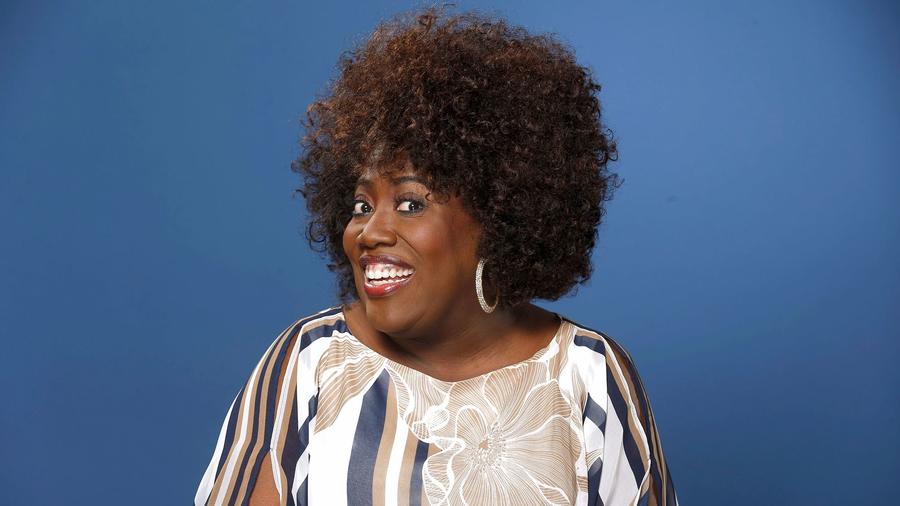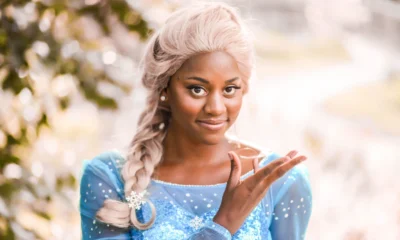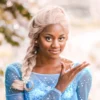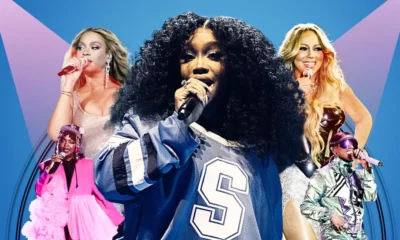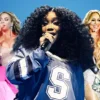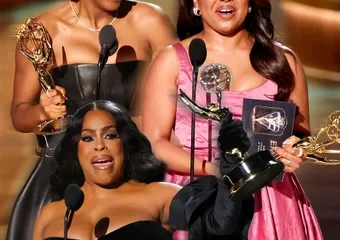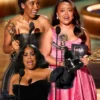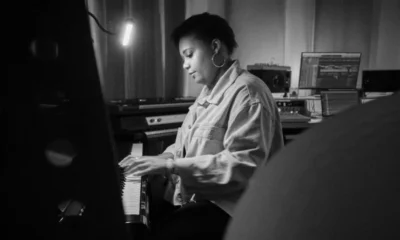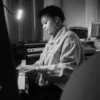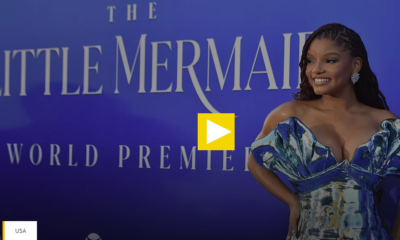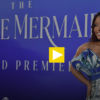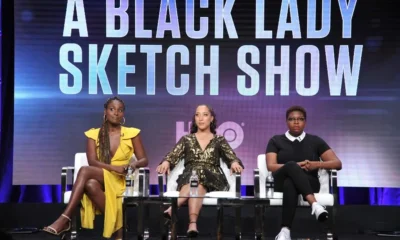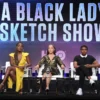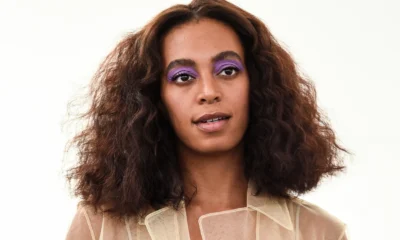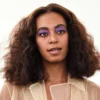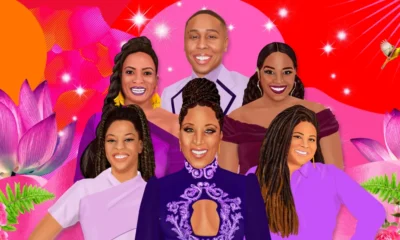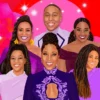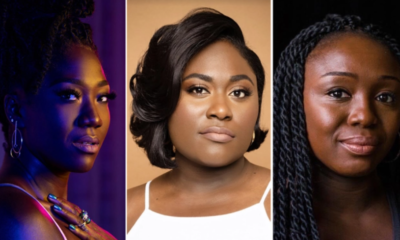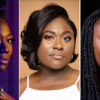Black Women in Entertainment
Sheryl Underwood stood out because she rejected industry expectations. Now she’s on ‘The Talk.’
Sheryl Underwood does comedy her way. She’s direct. She’s sexual. She’s uncompromising.
But that’s exactly what landed her in one of the chairs of hit CBS daytime talk show “The Talk.” As she tells it, such success would never have come her way if she didn’t put God first — and develop a one-of-a-kind comedic style.
How did you get your start in comedy?
They used to have this thing called lingerie modeling in taverns on Stony Island Avenue in Chicago. What it really was was you put on the lingerie and model and the guys would buy the lingerie and you’d take it off. But I was so horrible at it that I would crack jokes and do silly things like Fred Sanford impersonations to make them laugh because I really wasn’t a stripper. I was just trying to get my way through college. I’d have them laughing so hard, they’d tell me to put my clothes on still gave me $20.
Also, when I was in community college, I was in this “Funniest Woman in Fresno” contest.
Who are some of your comedic inspirations?
I wanted to be Milton Berle … and everybody in the Rat Pack. I wanted to be the guy with the tuxedo on with a cigarette with the drink in his hand just talking. When you’re talking about total ability, [I looked at] Richard Pryor’s ability to bare his soul to the audience even though his life was heartbreaking — he was like a street reporter. I didn’t look at myself as a girl comic, although I knew I was a female.
When I was looking at women, I was looking at Marsha Warfield, Elayne Boosler, Whoopi Goldberg, Wendy Liebman and Carol Burnett and Cher’s variety show.
Then when you saw what Eddie Murphy did, I wanted to have his sex appeal and swagger.
I see great evolution of diversity, and that doesn’t just mean black — diversity in topics, diversity in thought. That’s what makes comedy great.
— Sheryl Underwood
While you named a couple of black women in that list, it seems like it’s difficult for black women to hit comedic superstar status.
When you look at the icons, there was a time when nobody could follow Whoopi Goldberg or Moms Mabley or Marsha Warfield or Shirley Hemphill, them old-time comics. But when we were coming up, in the “Def Comedy Jam” time frame — me, Sommore, Mo’Nique, Adele Givens, Melanie Comarcho — we did comedy like a man.
It’s not difficult for the African American female, because you’ve got Loni Love, Sherri Shepherd, Whoopi Goldberg, Aisha Tyler and myself all on daytime talk shows. Here’s where the difficulty is: I believe that sometimes women are not allowed the same opportunities, and I’m looking at the commerce where a woman will go see a male comic and women love a woman comic. But men don’t like women comics because they don’t want to hear 45 minutes of “[N-words] ain’t [nothing].” The difference between me and …
Please read original article – Sheryl Underwood stood out because she rejected industry expectations. Now she’s on ‘The Talk.’



